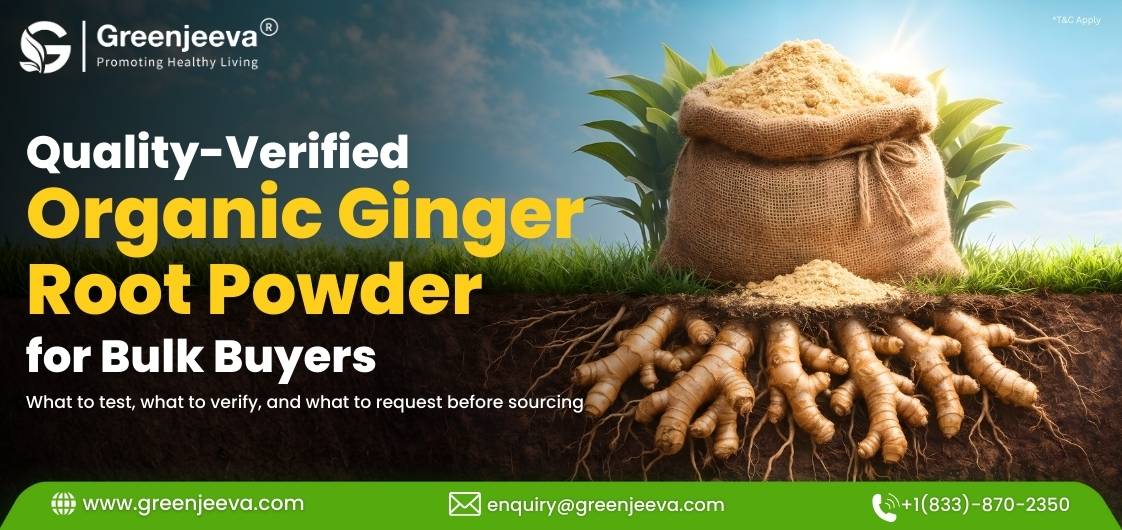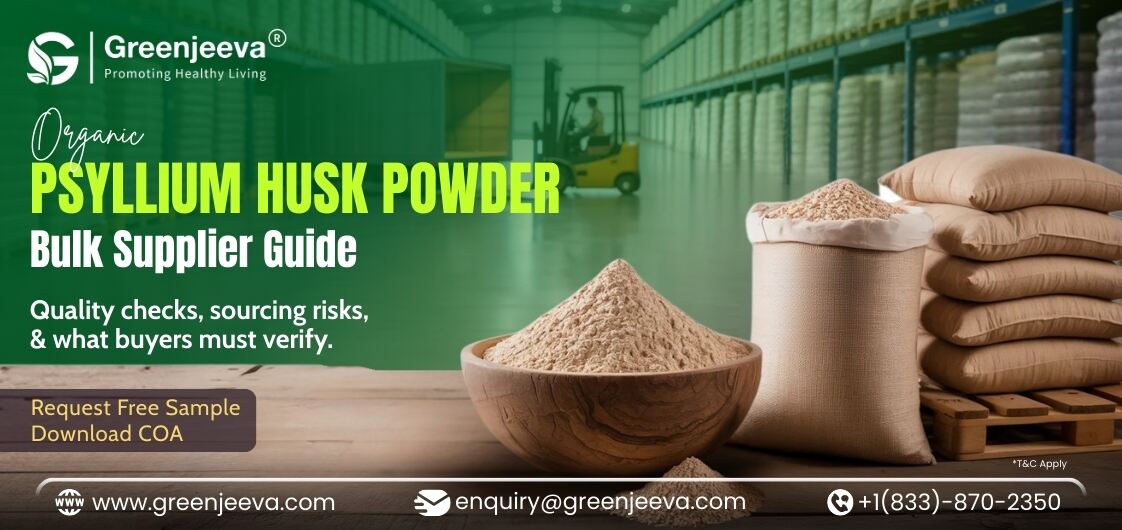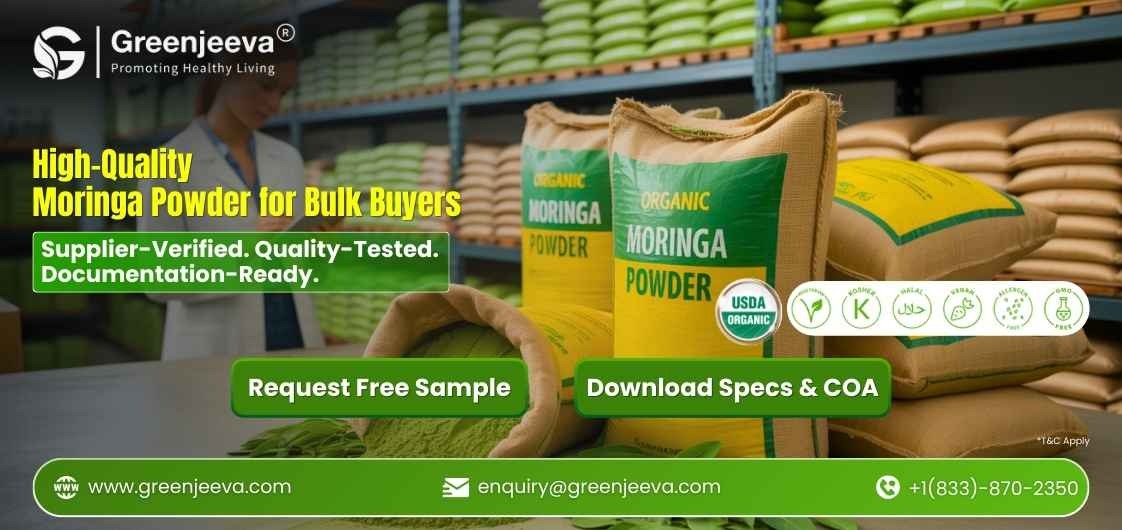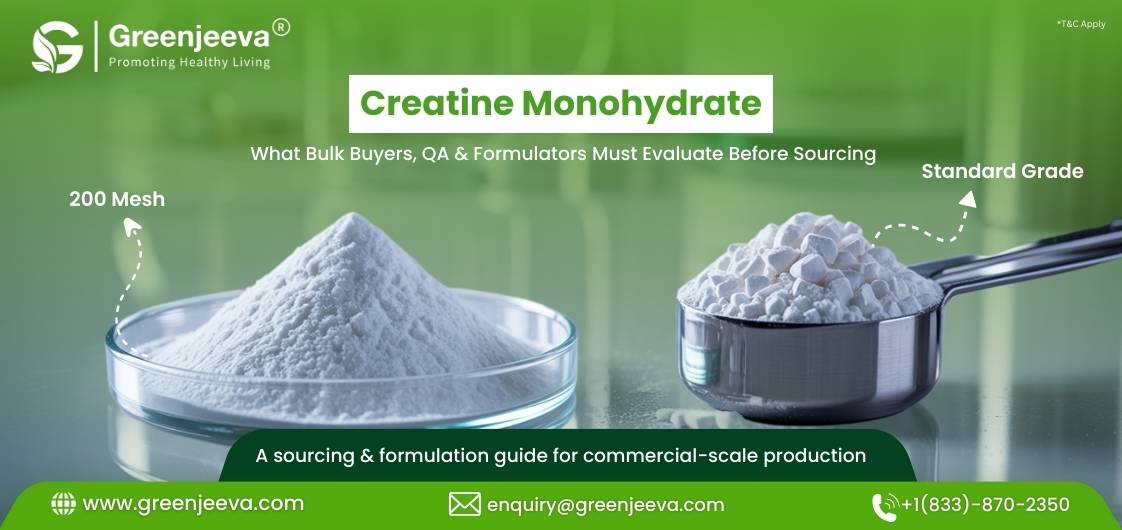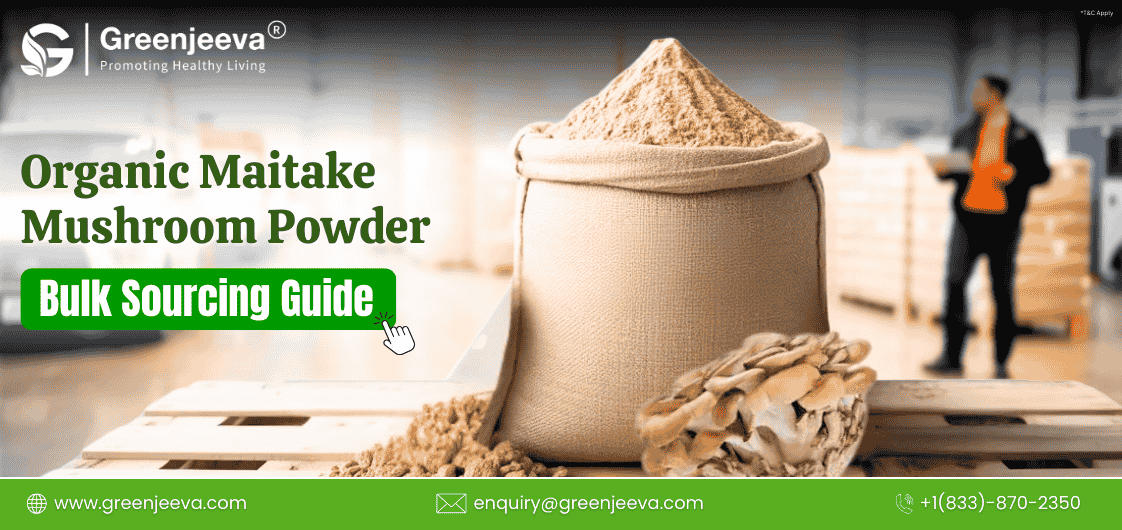How Vitamin B3 Is Processed in Supplement Form

Vitamin B3, a critical nutrient for human health, plays a vital role in various bodily functions. As a result, it has gained immense popularity as an essential ingredient in dietary supplements. This article explores the complete journey of Vitamin B3, from its sourcing to its processing and delivery in supplement form, with a focus on sustainability, quality, and innovation.
Understanding Vitamin B3 and Its Role in Supplements
What Is Vitamin B3?
Vitamin B3, also known as niacin, includes two primary forms: niacinamide and nicotinic acid. These compounds are essential for energy production, maintaining healthy skin, and supporting the bodily system. As part of the B-vitamin complex, it plays a key role in converting food into energy and ensuring proper body function.
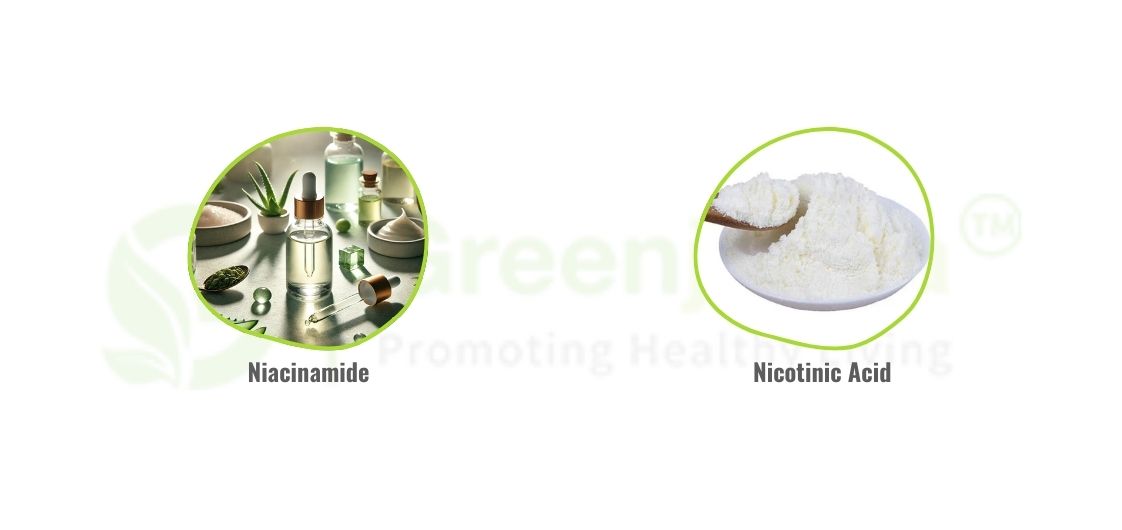
Why Choose Vitamin B3 Supplements?
Vitamin B3 supplements are increasingly sought after due to their health benefits and versatility. They cater to the growing consumer demand for convenient, high-quality dietary options. Furthermore, there is a rising interest in organic and plant-based Vitamin B3 supplements, driven by the global shift towards clean-label, eco-conscious products.
Vitamin B3: From Sourcing to Supplement Form
• Vitamin B3 Ingredient Sourcing: Where Does It Come From?
The journey begins with sourcing high-quality ingredients. Vitamin B3 can be derived from both natural and synthetic sources. Natural sources include yeast, seeds, grains, and green vegetables. For organic supplements, manufacturers prioritize non-GMO and chemical-free raw materials, aligning with the principles of clean-label production. Sustainable ingredient sourcing not only ensures product quality but also supports environmental preservation.
• Natural Supplement Processing
The processing stage focuses on extracting Vitamin B3 while preserving its natural properties. Sustainable and eco-friendly methods, such as water-based and enzymatic extractions, are employed to minimize environmental impact. Advances in natural supplement processing technologies, including biofermentation and microencapsulation, ensure higher purity, stability, and bioavailability of the final product.
• Bulk Vitamin B3 Powder: Preparation and Applications
After extraction, Vitamin B3 is refined into bulk powder. This form is favored by manufacturers due to its versatility and ease of use. Bulk Vitamin B3 powder is utilized in various supplement formats, including capsules, tablets, drink mixes, and fortified foods. Rigorous quality checks at this stage ensure that the product meets safety and efficacy standards before distribution.
Organic and Plant-Based Vitamin B3: A Sustainable Approach
• The Rise of Organic Vitamin Supplements
Organic supplements are experiencing a surge in popularity as consumers prioritize health-conscious and chemical-free options. Organic Vitamin B3 products meet stringent certification requirements, assuring consumers of their purity and adherence to sustainable practices. These certifications enhance brand credibility and appeal to a broader audience.
• Plant-Based Vitamin B3: What Sets It Apart?
Plant-based Vitamin B3 supplements are derived from renewable botanical sources, making them suitable for vegan and vegetarian diets. Unlike synthetic niacin, plant-based options emphasize natural composition and sustainability. These products cater to the increasing demand for ethical, plant-derived supplements.
• Challenges in Creating Organic Vitamin B3 Supplements
While the demand for organic Vitamin B3 is high, manufacturers face several challenges. Limited availability of raw materials, higher production costs, and complex certification processes are significant hurdles. Despite these challenges, the industry continues to innovate, maintaining product integrity and meeting consumer expectations.
Suppliers and Industry Insights
• Top Suppliers of Vitamin B3 Supplements
Leading Vitamin B3 supplement suppliers are known for their commitment to quality, transparency, and sustainability. Companies offering GMP-certified and FDA-approved products are highly regarded in the industry. These suppliers provide detailed documentation, ensuring reliability and traceability.
• Niacin Bulk Suppliers in the USA: What to Look For
For businesses seeking bulk niacin supplies, it is crucial to choose reputable suppliers. Key indicators of a trustworthy supplier include certifications such as GMP, ISO, and FDA approvals. These suppliers often offer comprehensive product specifications, competitive pricing, and consistent supply chains to meet diverse manufacturing needs.
• Trends in the Vitamin B3 Supplement Industry
The Vitamin B3 market is evolving to embrace clean-label trends, eco-friendly packaging, and bulk sourcing solutions. Manufacturers are focusing on scalable production methods to meet increasing global demand while adhering to sustainable practices. Innovations in packaging and delivery systems are also reshaping the consumer experience.
Key Considerations for Choosing Vitamin B3 Supplements
• Ensuring Quality Through Certifications and Standards
Certifications are essential for ensuring product safety and efficacy. GMP, organic, and non-GMO certifications serve as benchmarks of quality. Consumers and businesses alike should verify these credentials to make informed purchasing decisions.
• Comparing Organic, Plant-Based, and Conventional Options
When selecting Vitamin B3 supplements, it is essential to consider factors such as source, production methods, and intended use. Organic and plant-based options are ideal for those seeking eco-friendly and vegan alternatives, while conventional options may offer cost advantages for broader applications.
• Working With Bulk Suppliers
Building strong relationships with bulk suppliers is key to long-term success. Businesses should prioritize suppliers with transparent practices and flexible contract terms. Negotiating fair pricing and ensuring timely delivery can help manufacturers maintain product consistency and cost efficiency.
Also Know more: B2B Supply Chain Excellence: Navigating Quality in Vitamin Wholesale
Choosing the Right Path for Vitamin B3 Supplements
The journey of Vitamin B3, from sustainable sourcing to advanced processing, reflects the industry's commitment to quality and innovation. Organic and plant-based options offer unique advantages for consumers seeking eco-conscious solutions.
The future of Vitamin B3 supplements lies in sustainable sourcing, advanced processing technologies, and consumer-centric product innovations. By prioritizing ethical and environmentally friendly practices, the industry can continue to thrive while meeting the growing demand for high-quality, clean-label supplements.
**The Food and Drug Administration has not evaluated these statements. This product is not intended to diagnose, treat, cure, or prevent any disease.**


